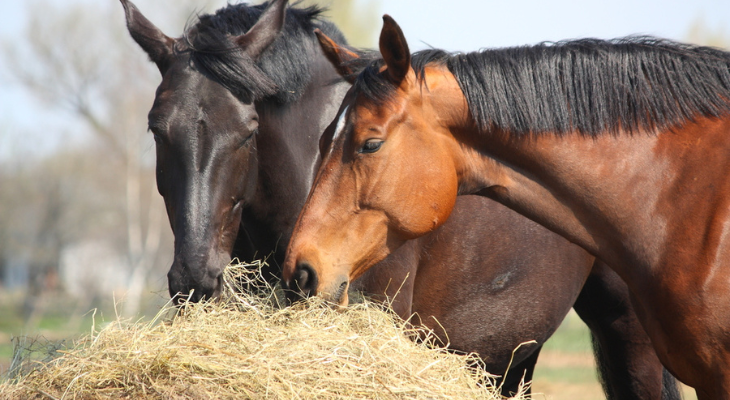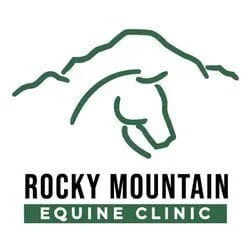
Equine Nutrition Facts You Need to Know
Poor nutrition can affect your horse's performance, cause weight gain or loss, or increase the risk of illness or lameness. Fortunately, you can help your horse stay healthy and happy by reviewing a few equine nutrition basics.
Your Horse's Diet Must Include a Mix of Nutrients
A well-balanced diet includes six important nutrients:
- Protein. Protein is a natural nutrient found in hay and grasses and added to feeds. It provides the amino acids your horse needs for tissue repair, growth, healthy muscles and a strong immune system. Horses that are still growing need 12 to 18 percent of crude protein in their diets, while mature horses only need 8 to 12 percent, according to the University of Georgia Extension.
- Carbohydrates. Carbohydrates give your horse the energy it needs for trail rides, competitions, or romps through the pasture. The fiber in hay, grass, and feeds provides complex carbohydrates needed for good digestion.
- Fat. Fat provides fatty acids, helps your horse absorb vitamins and maintain a consistent energy level.
- Minerals. Magnesium, calcium, phosphorous, potassium, sulfur, chloride, and other minerals are essential ingredients in your horse's diet. Minerals are needed for strong bones and teeth, digestion, growth, healthy muscles and nerves, and immune system function. Most horses need mineral supplements, as forage and hay doesn't contain an adequate amount of these nutrients.
- Vitamins. Vitamins, whether they come from food or supplements, offer many important benefits for your horse's health. They're important for reproduction, blood clotting and healthy eyes, skin, muscles, nerves, bones, and coats. Your horse needs vitamins A, B, C, D, E, and K.
- Water. According to Penn State Extension, most horses need between five to 10 gallons of water per day. Water keeps your horse hydrated, and aids in digestion, vitamin absorption and body temperature regulation.
Nutrient needs vary depending on age, condition, reproductive status, and activity level. If you need a little help determining your horse's nutritional needs, talk to your equine veterinarian or consult the National Research Council's book, "Nutrient Requirements for Horses, Revised Sixth Edition".
Forage and Hay May Not Meet Your Horse's Nutritional Needs Completely
Although forage and hay are excellent food sources, they may not contain all the nutrients your horse requires. For example, mineral content in grasses can vary significantly depending on the soil type. If the soil in your pasture lacks a particular mineral, your horse's health can suffer. Vitamin and mineral supplements and fortified grains may be needed to provide the missing nutrients. Ration balancers, which include protein in addition to vitamins and minerals, offer another way to ensure your horse's nutritional needs are met.
Choosing High-Quality Hay Is Essential
Spending a little time to evaluate the quality of the hay you buy will help you protect your horse's health. High-quality hays are green, soft, leafy, and smell good. Harvest time can affect the quality of the hay. The American Association of Equine Practitioners (AAEP) advises that legume hay should be harvested when the plants are in early bloom, while grass hays need to be gathered before seed heads form.
Be sure to take a look inside a few bales before you buy. If the hay inside the bale is dry, dusty, moldy, or full of dirt, debris, or bugs, it won't be a good choice for your horse. It's best to purchase only the amount of hay you can use in one year or less, as the nutritional value of hay declines over time, Do you need to buy large amounts of hay? The AAEP recommends requesting a hay analysis from a certified forage laboratory before you buy. The analysis will detail the percentage of nutrients the hay contains.
Not sure your horse's nutritional needs are being met? Our equine veterinarian can help you make a few changes to your horse's diet. Contact our office to schedule an appointment.
Sources:
Penn State Extension: How Much Drinking Water Does Your Horse Need, 7/26/14
National Academies: Nutrient Requirements of Horses, Sixth Revised Edition
American Association of Equine Practitioners: 10 Tips for Choosing the Best Hay for Horse, 2017
American Association of Equine Practitioners: Nutrition: The Key to Unlocking Your Horse’s Health
